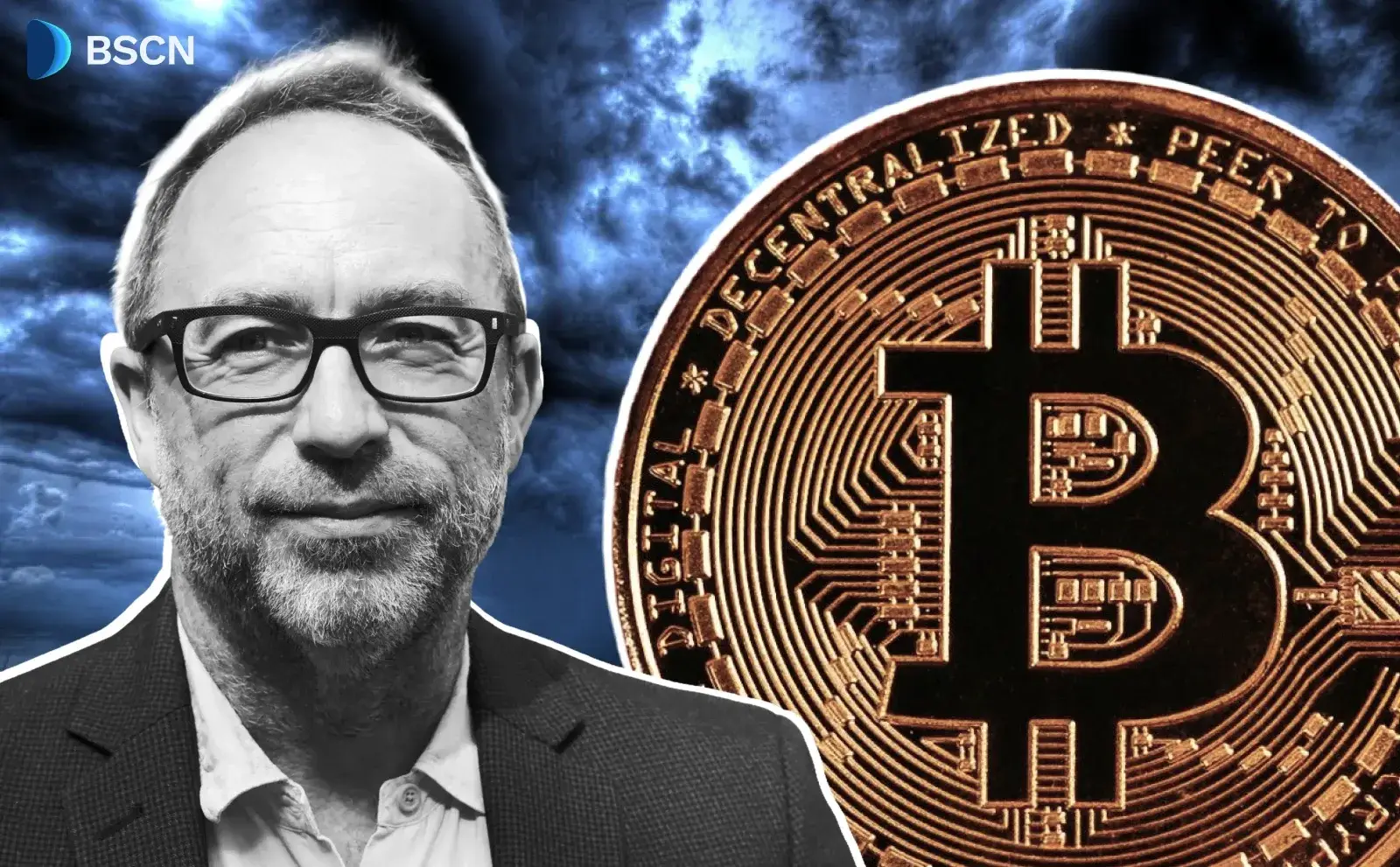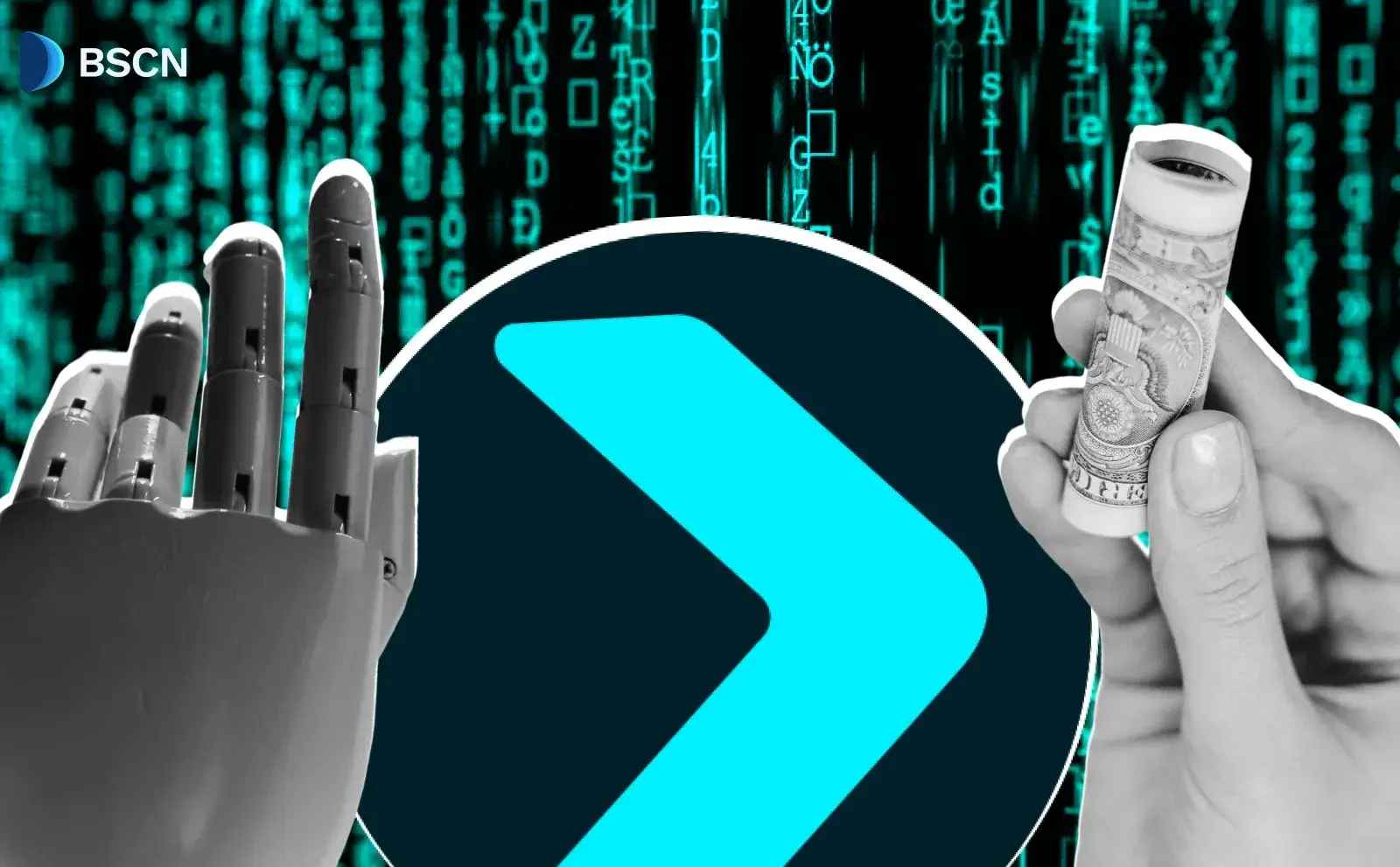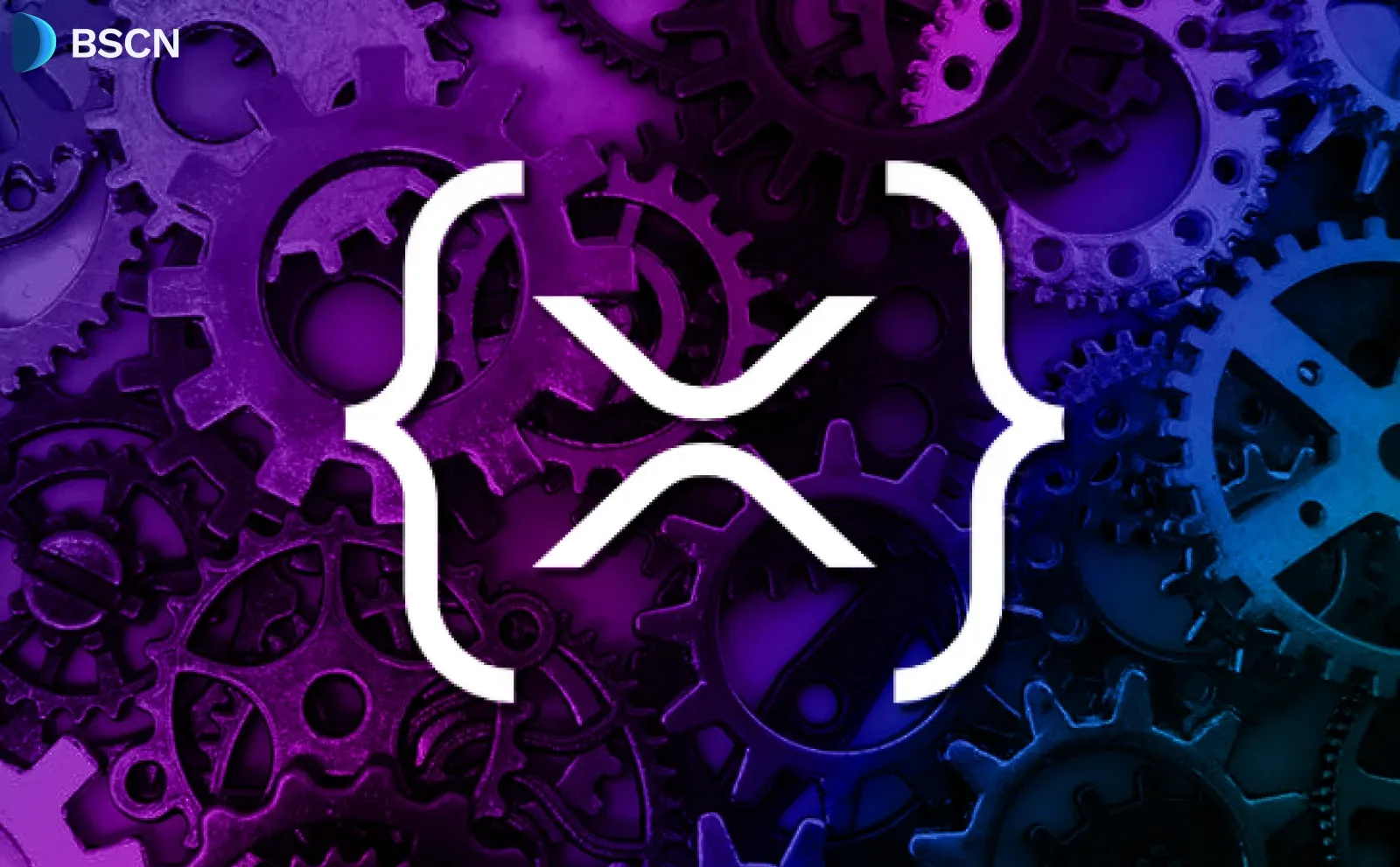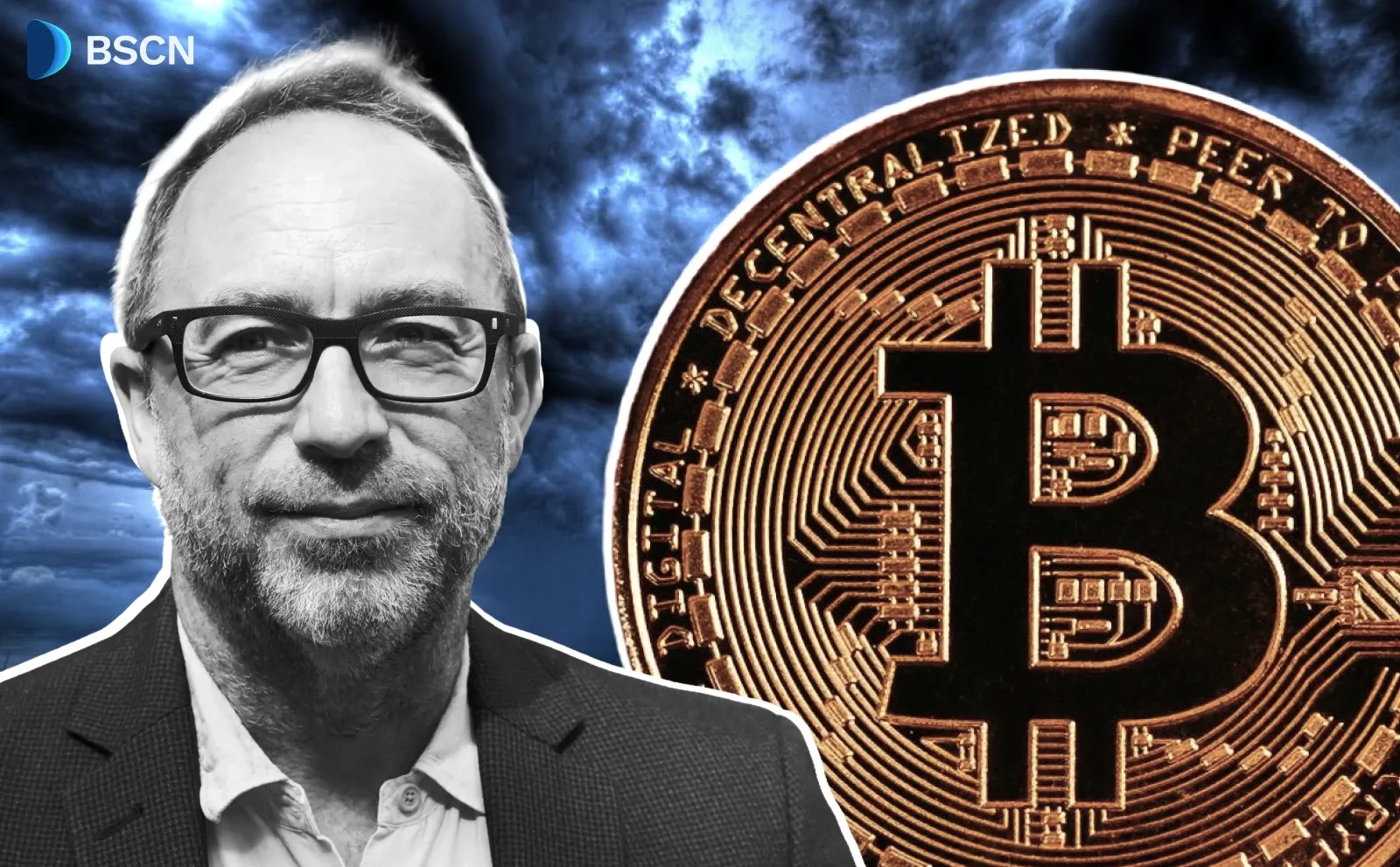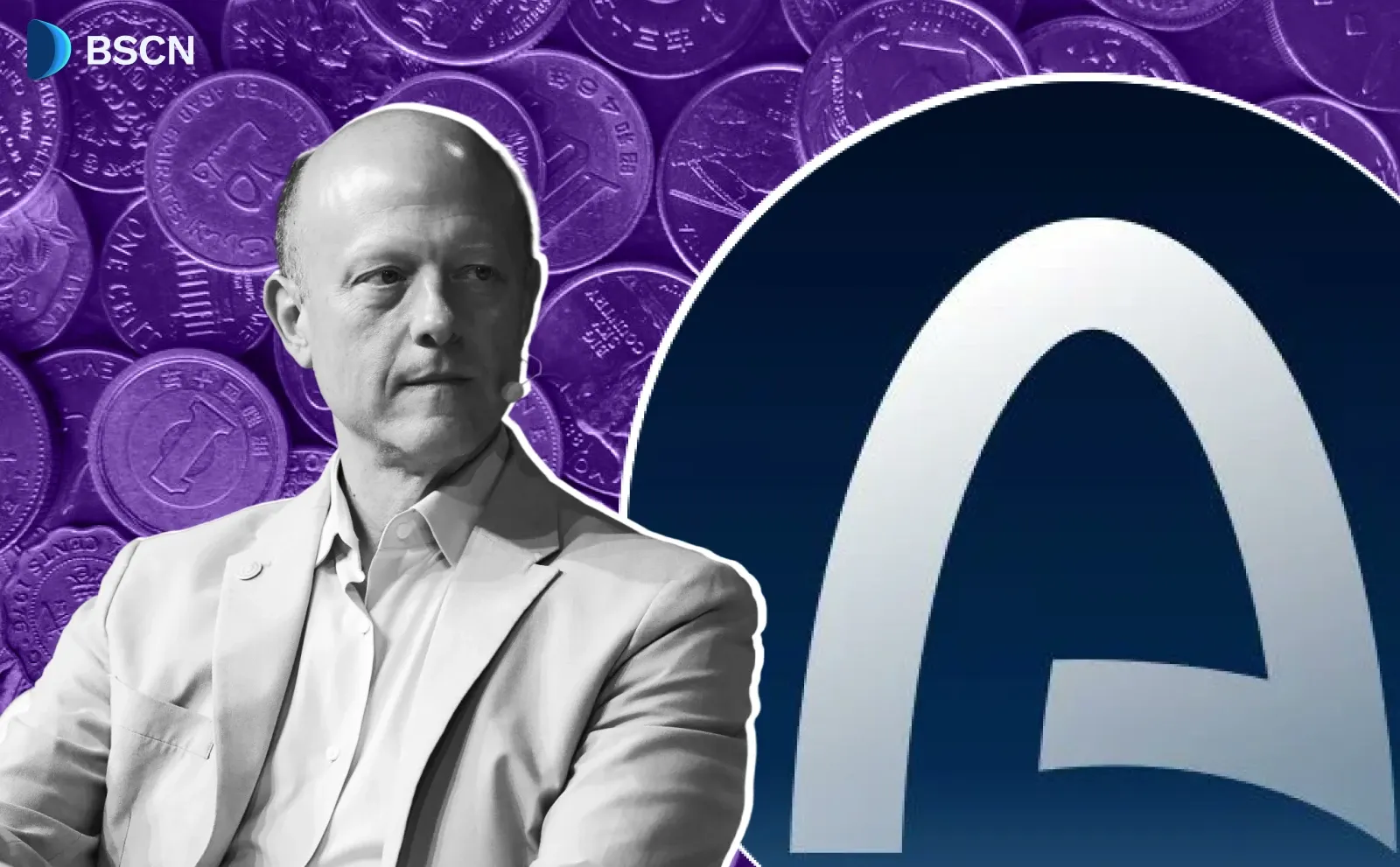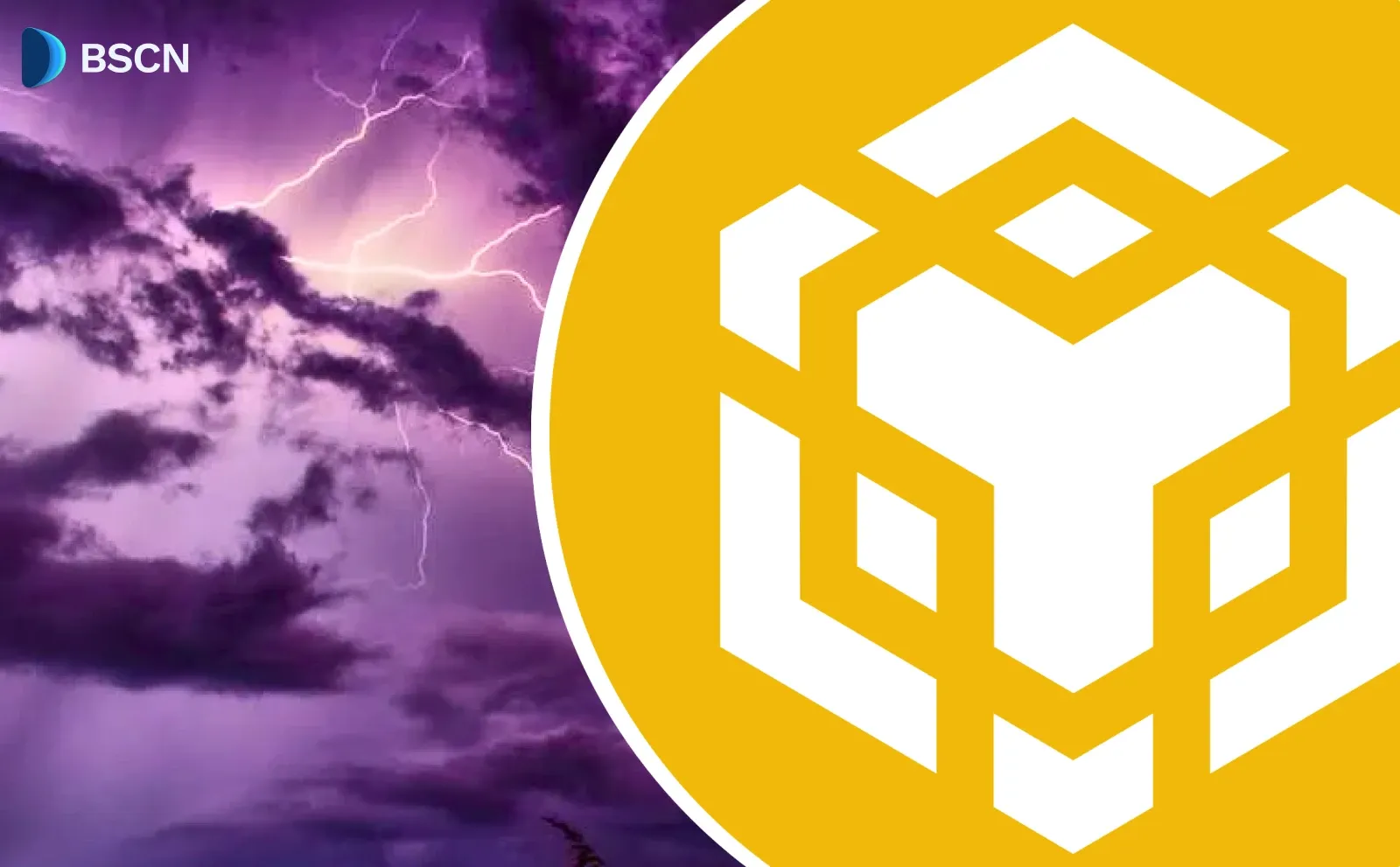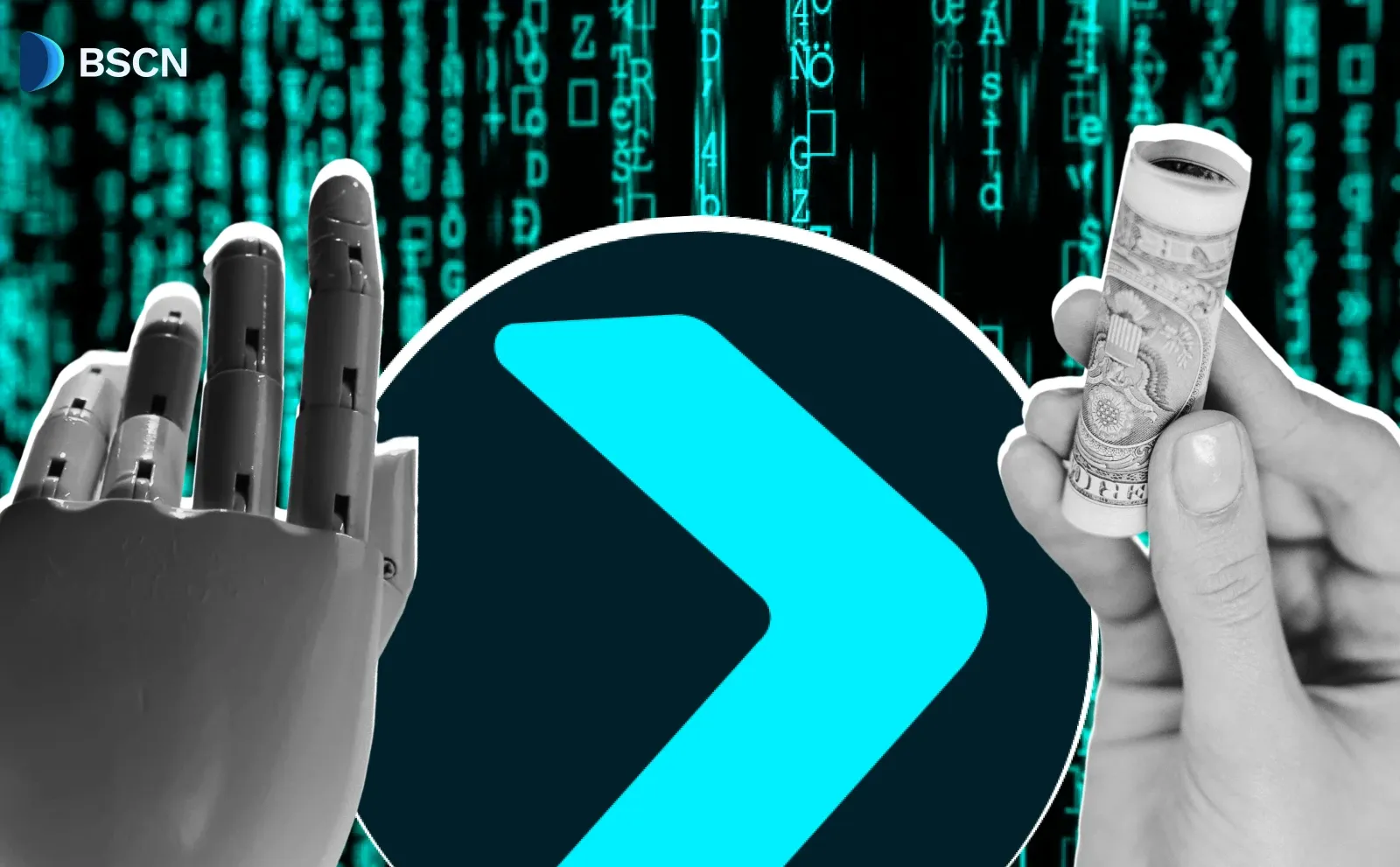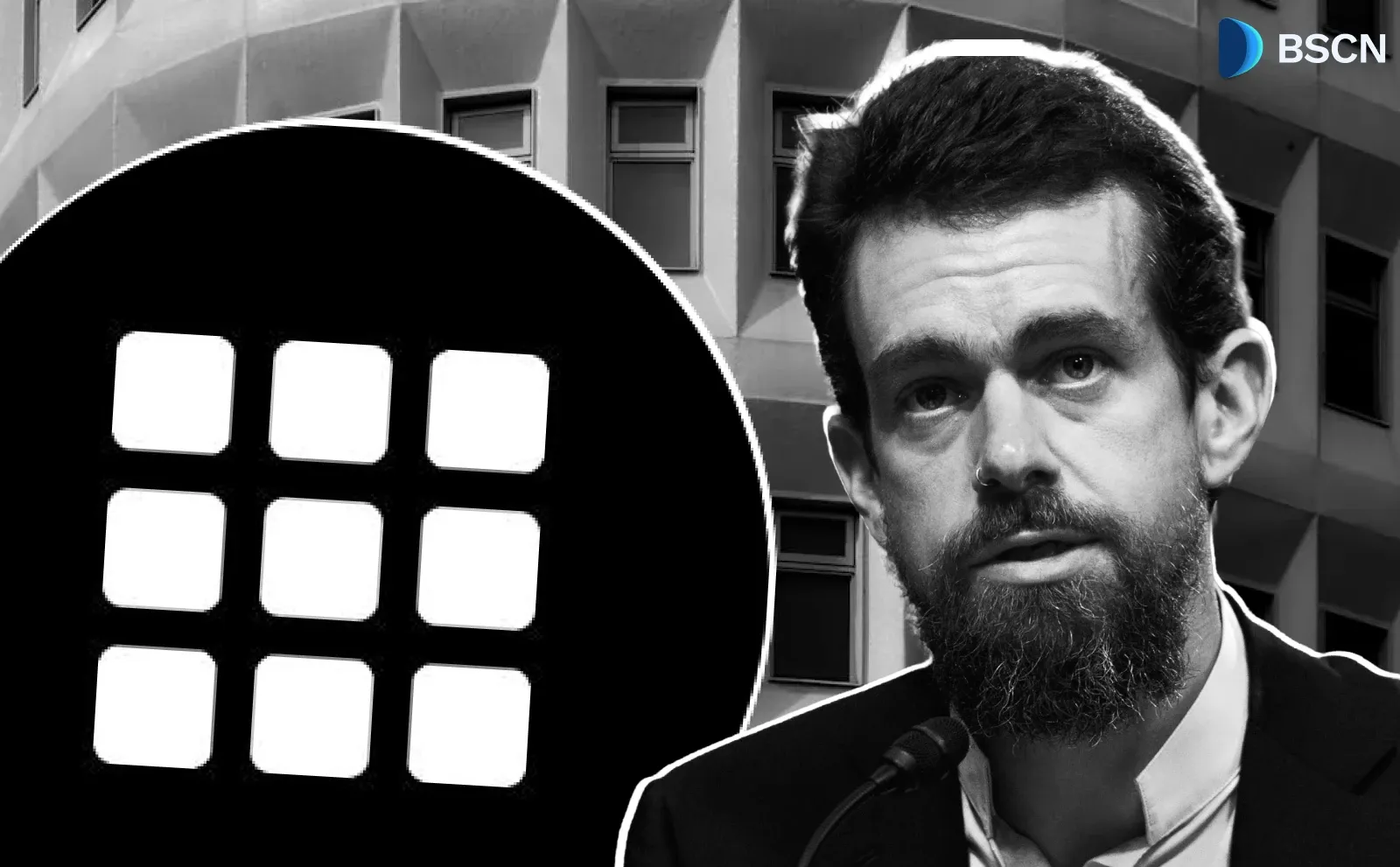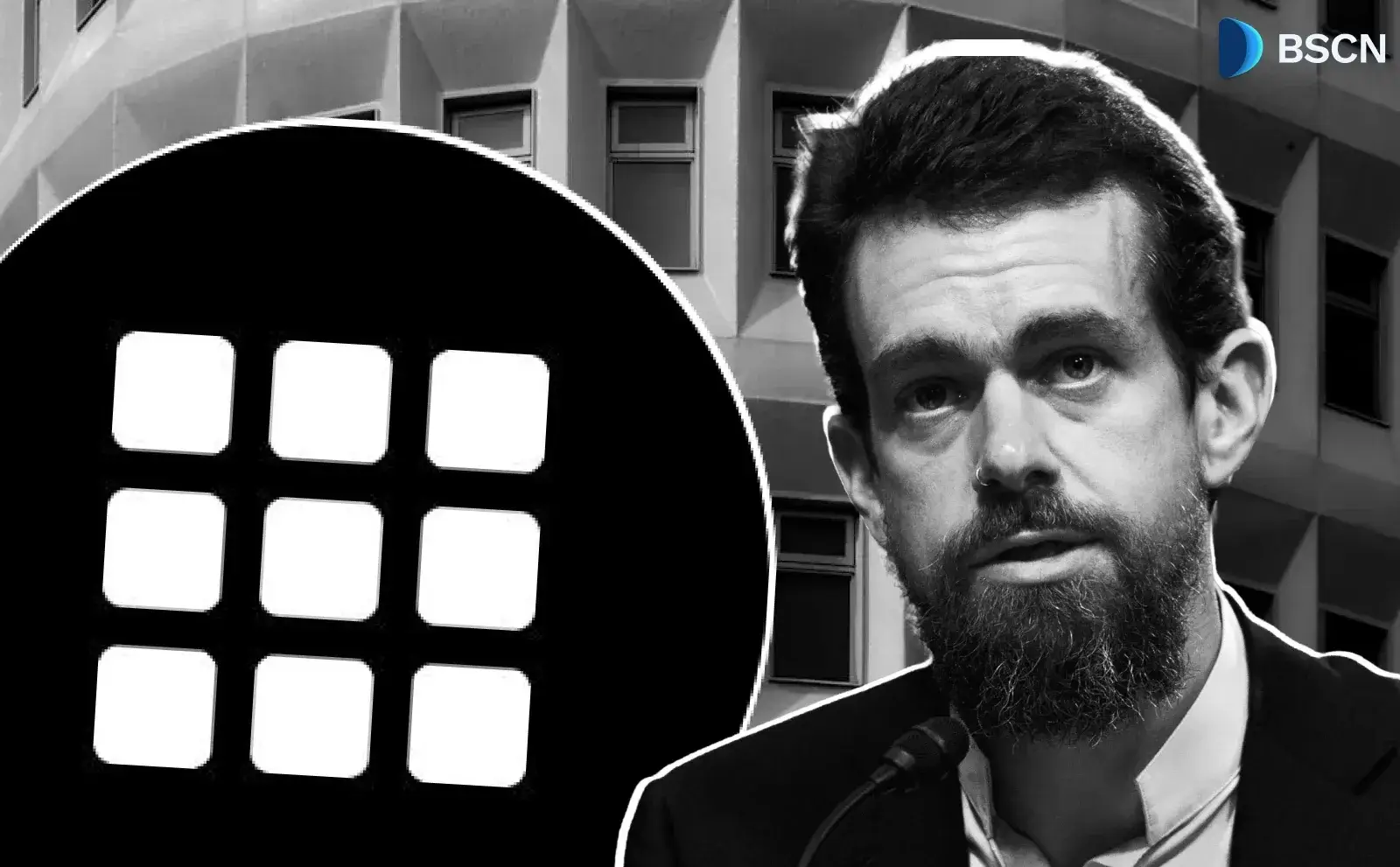OKX to Pay $500M+ to Settle DOJ Charges – What Went Wrong?
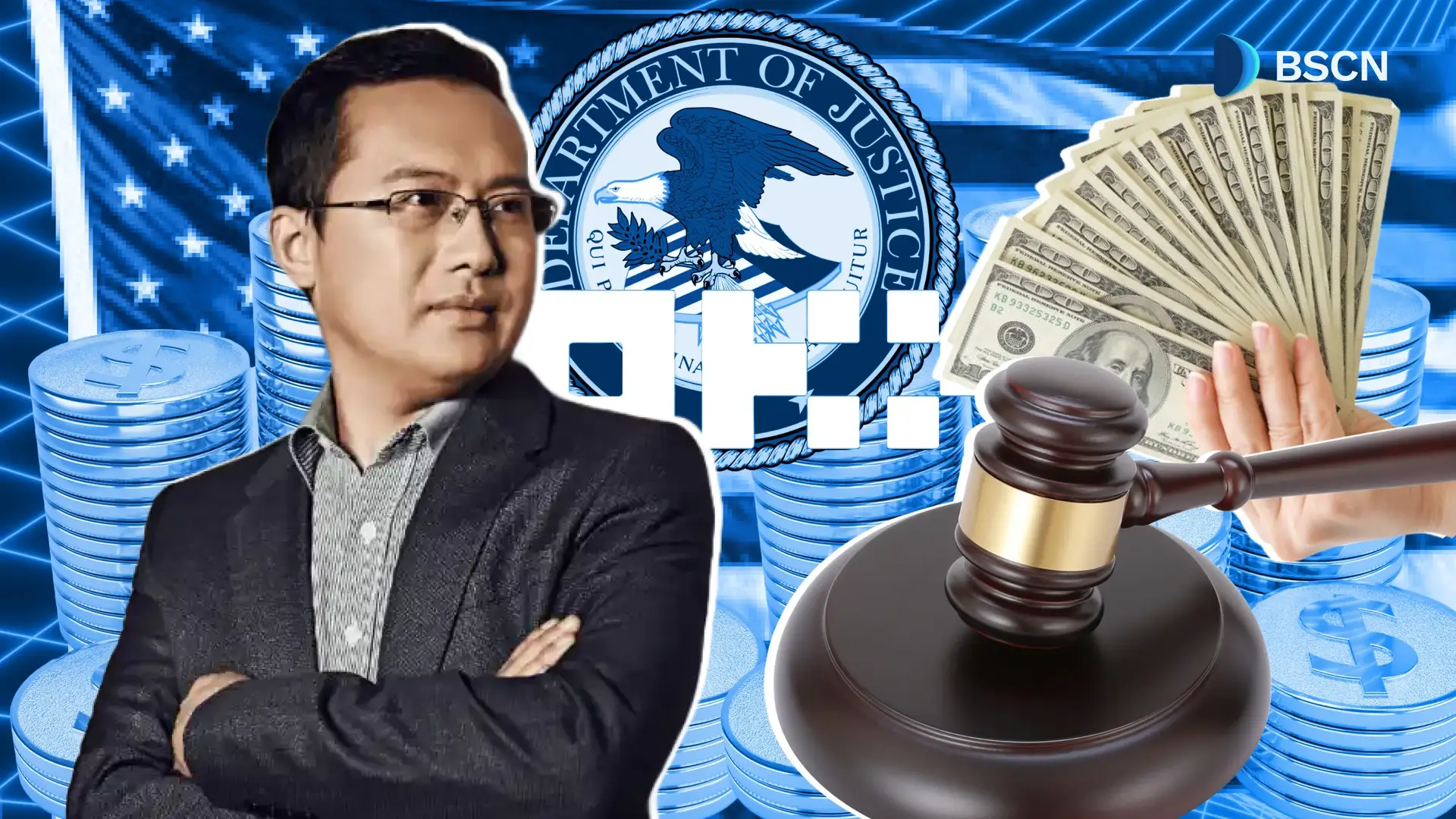
The Seychelles-based exchange admitted to violating U.S. anti-money laundering (AML) laws by failing to register as a money services business (MSB) with FinCEN.
Soumen Datta
February 25, 2025
Table of Contents
Cryptocurrency exchange OKX has agreed to pay over $500 million in penalties after pleading guilty to operating an unlicensed money-transmitting business in the United States.
The U.S. Department of Justice (DOJ) and Federal Bureau of Investigation (FBI) accused the Seychelles-based firm of actively courting U.S. customers while failing to comply with federal anti-money laundering (AML) laws.
The settlement includes a $420.3 million forfeiture and an $84.4 million fine, bringing the total penalty to over $504 million. The exchange will also retain an external compliance consultant through February 2027 to ensure future regulatory adherence.
U.S. Authorities Crack Down on OKX’s Regulatory Breaches
Despite having an official policy against U.S. users, OKX allegedly allowed American customers to access its platform by:
Encouraging the use of VPNs to bypass geographic restrictions
Providing guidance on falsifying KYC details to create accounts
Failing to register with FinCEN as a money services business (MSB)
Processing over $1 trillion in transactions from U.S. customers
Facilitating over $5 billion in suspicious and criminal transactions
Acting U.S. Attorney Matthew Podolsky stated:
“For over seven years, OKX knowingly violated anti-money laundering laws and avoided implementing required policies to prevent criminals from abusing our financial system.”
FBI Assistant Director James E. Dennehy added:
“OKX flagrantly violated U.S. law, actively seeking customers in the United States — including here in New York—and even going so far as to advise individuals to provide false information to circumvent requisite procedures.”
OKX’s Compliance Failures Exposed
OKX’s failure to implement proper AML and Know Your Customer (KYC) measures allowed users to create and trade accounts without identity verification until 2022. Even after KYC requirements were introduced, some OKX employees allegedly advised U.S. users on how to bypass these checks.
Per reports, in one instance, an OKX employee told a U.S.-based customer:
"I know you're in the U.S., but you could just put a random country, and it should go through."
Additionally, OKX continued to allow institutional U.S. investors to trade on its platform, despite knowing it was required to register with FinCEN.
OKX’s U.S. Presence and Marketing Strategy
Though officially banning U.S. users, OKX still aggressively marketed its services in the U.S., including:
Sponsoring the Tribeca Film Festival in New York
Using affiliate marketers based in the U.S. to promote the platform
Allowing promotional videos instructing users on how to bypass restrictions
Institutional Trading and Liquidity Benefits
OKX’s institutional U.S. clients generated some of the highest trading volumes for the exchange. One U.S.-based institution alone was responsible for over $1 trillion in spot and derivatives transactions, providing OKX with significant liquidity and revenue.
OKX’s Settlement Terms and Future Compliance
As part of the plea agreement, OKX will:
Pay over $504 million in penalties
Retain a compliance consultant until February 2027
Continue cooperating with U.S. authorities
The exchange has acknowledged past compliance failures, describing them as “legacy compliance gaps”. OKX CEO Star Xu stated:
"Our vision is to make OKX the gold standard of global compliance across different markets and regulatory bodies."
The OKX case is part of a larger crackdown on crypto exchanges failing to comply with U.S. financial regulations. Authorities are intensifying their focus on platforms that enable money laundering and unregistered financial activity.
Read Next...
Disclaimer
Disclaimer: The views expressed in this article do not necessarily represent the views of BSCN. The information provided in this article is for educational and entertainment purposes only and should not be construed as investment advice, or advice of any kind. BSCN assumes no responsibility for any investment decisions made based on the information provided in this article. If you believe that the article should be amended, please reach out to the BSCN team by emailing [email protected].
Author
 Soumen Datta
Soumen DattaSoumen has been a crypto researcher since 2020 and holds a master’s in Physics. His writing and research has been published by publications such as CryptoSlate and DailyCoin, as well as BSCN. His areas of focus include Bitcoin, DeFi, and high-potential altcoins like Ethereum, Solana, XRP, and Chainlink. He combines analytical depth with journalistic clarity to deliver insights for both newcomers and seasoned crypto readers.
Crypto Project & Token Reviews
Project & Token Reviews
Comprehensive reviews of crypto's most interesting projects and assets
Learn about the hottest projects & tokens
Latest Crypto News
Get up to date with the latest crypto news stories and events




